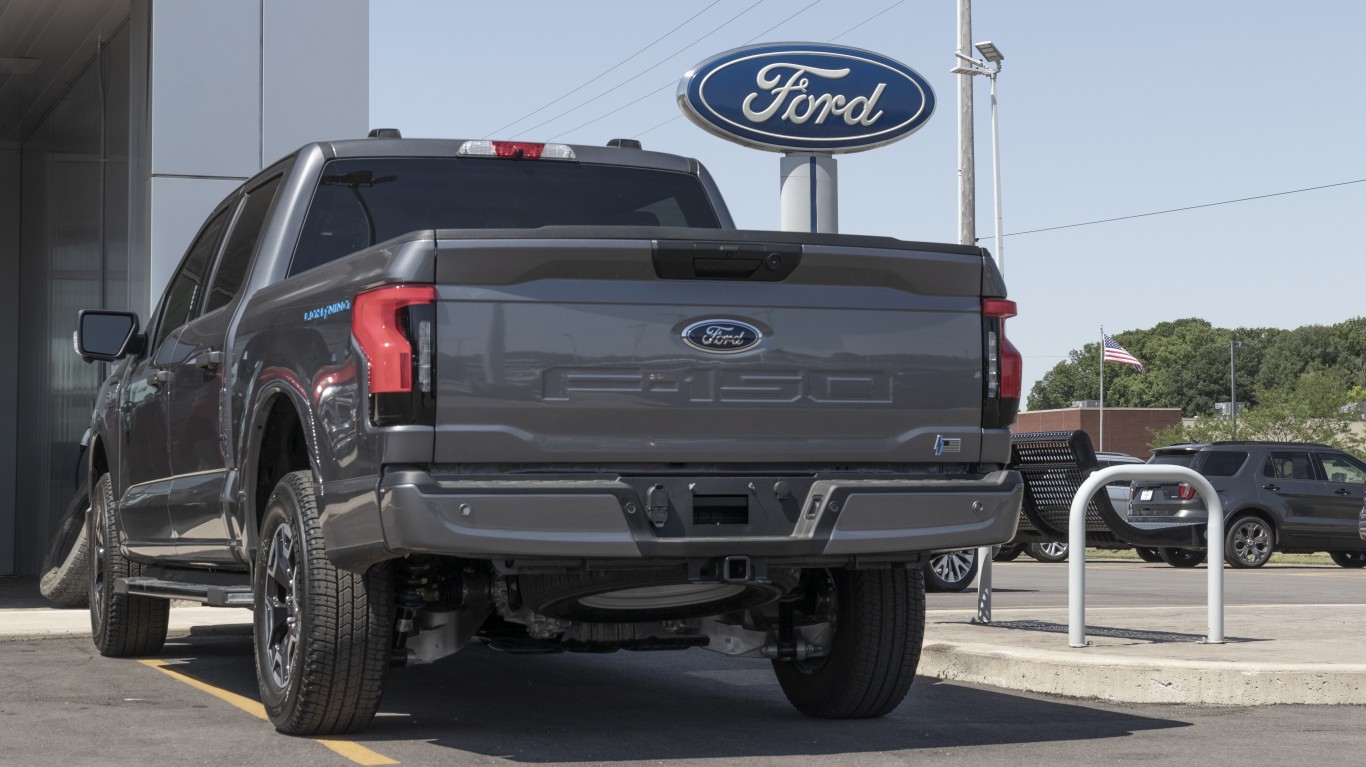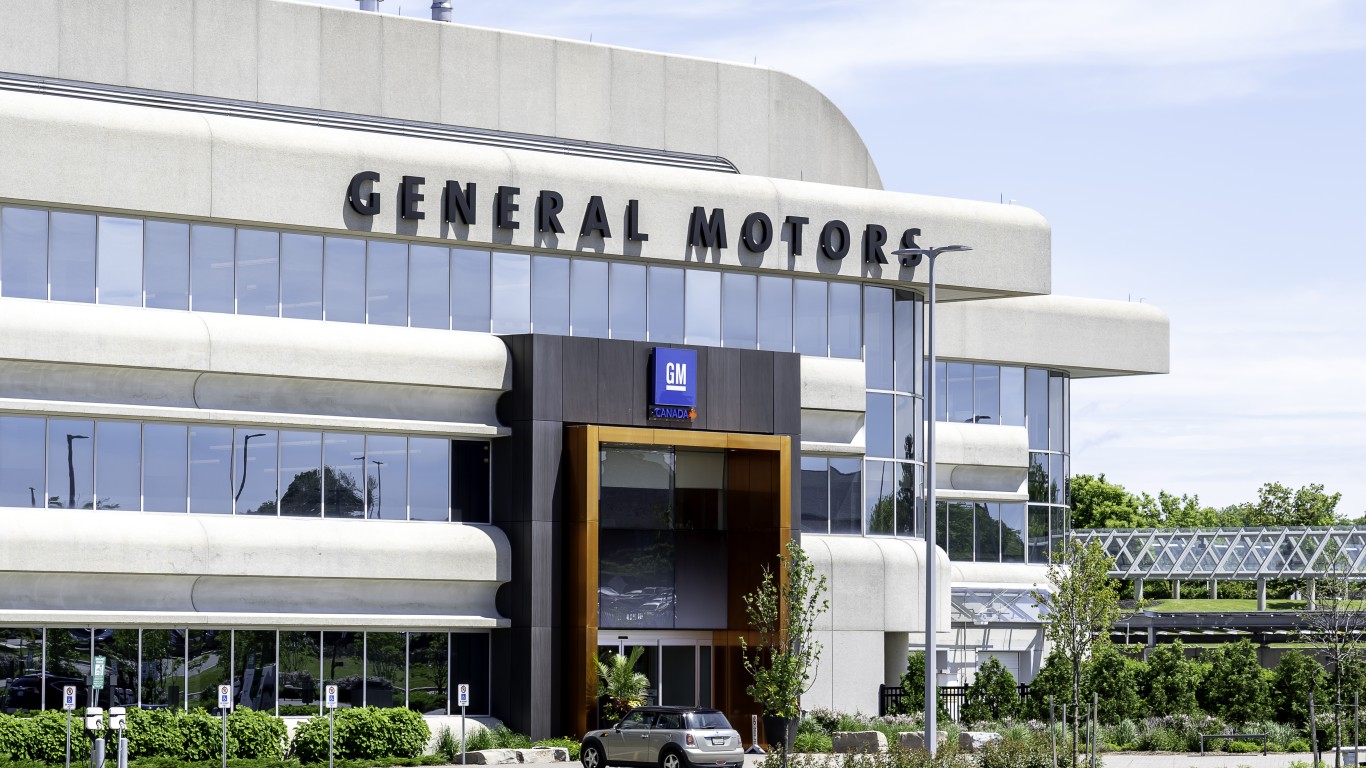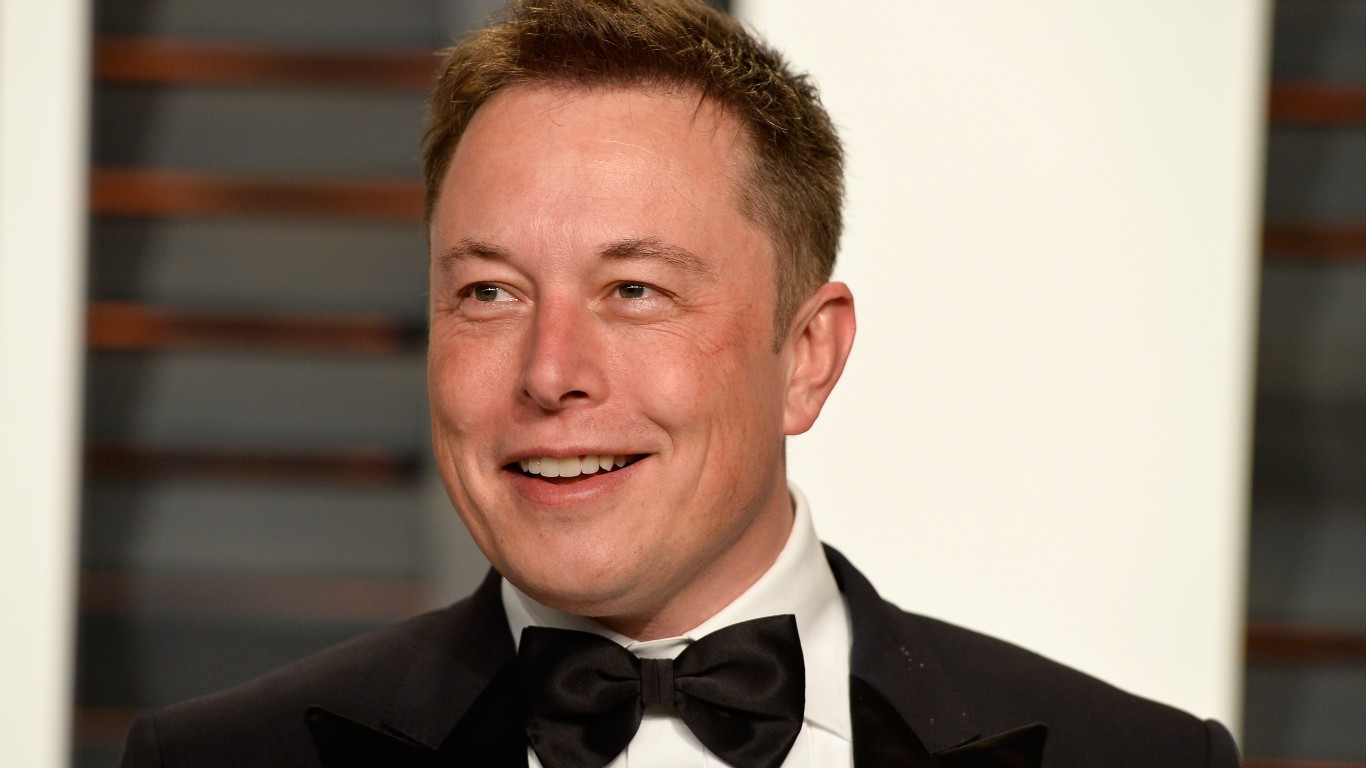 Akio Toyoda, the head of Toyota (TM), will go to Washington to testify before the House Oversight Committee. He did not want to visit Congress, but he ended up with little choice. The committee’s chairman Edolphus Towns wrote Mr. Toyoda “There appears to be growing public confusion regarding which vehicles may be affected and how people should respond. In short, the public is unsure as to what exactly the problem is, whether it is safe to drive their cars, or what they should do about it.”
Akio Toyoda, the head of Toyota (TM), will go to Washington to testify before the House Oversight Committee. He did not want to visit Congress, but he ended up with little choice. The committee’s chairman Edolphus Towns wrote Mr. Toyoda “There appears to be growing public confusion regarding which vehicles may be affected and how people should respond. In short, the public is unsure as to what exactly the problem is, whether it is safe to drive their cars, or what they should do about it.”
An insult, but an effective one.
It is almost impossible to imagine the CEO of an American company trying to dodge a sit-down with Congress, but Toyoda does not have the obligations of a US citizen. But, he clearly feels the pressure to save whatever is left of Toyota’s image and has the need to stanch the flow of blood at the firm’s American dealerships if he can provide some assurance that his company can build safe cars. The world’s No.1 car firm has not commented about how many sales it might lose in the US, but the figure could certainly be in the six figures this year.
The public’s perception is that every Toyota ever made has a mechanical flaw. That is not far from wrong. Toyota’s eight million car recall for accelerator problems was followed by recalls of the Prius, the Tacoma, and now, likely, the Corolla. Any American who buys a Toyota today is, in the minds of the most safety conscious among US drivers, taking his life in his hands.
Toyoda believed for a time that he could send the head of Toyota’s North American operations, Yoshimi Inaba, in his place to explain to Congress why the company’s cars are broken, how soon they will be fixed, and whether Toyota intentionally covered up any early knowledge it had about mechanical defects in the recalled cars. Toyoda will not say anything more or less than Inaba would have, but congressmen want Toyoda to put what is left of his reputation on the line and give them final answers about the recalls, answers that are not available no matter how candid the CEO would like to be. Toyota management almost certainly does not have enough information to create a clear picture of how many mechanical problems could affect so many of its cars in such a short period.
Toyoda will say almost nothing beyond a prepared statement and meandering answers to the committee’s questions. Like any well-prepared witness he will say what his attorneys have recommended and accept whatever humiliation the Congressmen on the committee subject him to. Toyoda gains nothing by candor, He gains a great deal if he leaves his lawyers and lobbyists to handle relationships with regulators and the members of the House and Senate who are likely to want to question him now and almost certainly will ask him back later when more facts about the recall are discovered.
Toyoda has been appropriately reluctant to talk to the press for the same reasons that he does not want to come to Washington. He cannot say that his company’s entire product system which was created over many decades to engineer, build, and inspect its cars and light vehicles broke down, even if that is the only possible explanation for the size of the recalls.
The act of the recall of the broken cars is behind Toyota now, for all practical purposes. Most of the vehicles will be repaired within a month or two, based on the current rate at which people are bringing their Toyota to their dealers. The dual troubles Toyota will have in the future cannot be solved. They can only be mitigated. The company faces months and perhaps years of customer skepticism and years and perhaps decades of legal problems.
Mr. Toyoda will preside over a company which is irreparably damaged from now until the day he retires, and Toyoda is only 53. His stop in Congress is a brief one in that context and may be relatively painless compared to most of the tasks he faces as he tries to salvage what was, until a month ago, one of the great corporations in the world.
Douglas A. McIntyre
The Average American Is Losing Momentum On Their Savings Every Day (Sponsor)
If you’re like many Americans and keep your money ‘safe’ in a checking or savings account, think again. The average yield on a savings account is a paltry .4%1 today. Checking accounts are even worse.
But there is good news. To win qualified customers, some accounts are paying more than 7x the national average. That’s an incredible way to keep your money safe and earn more at the same time. Our top pick for high yield savings accounts includes other benefits as well. You can earn up to 4.00% with a Checking & Savings Account today Sign up and get up to $300 with direct deposit. No account fees. FDIC Insured.
Click here to see how much more you could be earning on your savings today. It takes just a few minutes to open an account to make your money work for you.
Thank you for reading! Have some feedback for us?
Contact the 24/7 Wall St. editorial team.



